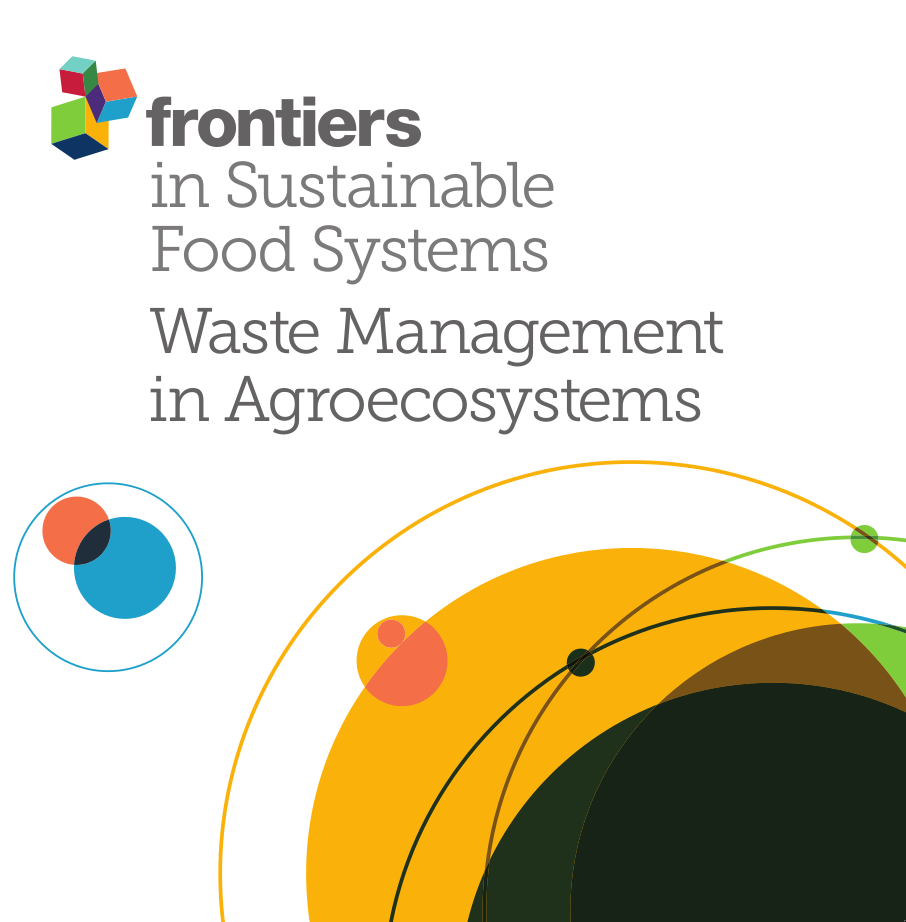Ver ítem
- xmlui.general.dspace_homeCentros Regionales y EEAsCentro Regional Santa FeEEA RafaelaArtículos científicosxmlui.ArtifactBrowser.ItemViewer.trail
- Inicio
- Centros Regionales y EEAs
- Centro Regional Santa Fe
- EEA Rafaela
- Artículos científicos
- Ver ítem
Dairy manure management perceptions and needs in South American countries
Resumen
Milk production is important in South American countries being based mainly on grazing systems. Dairy slurry management has become an important issue in these production systems because of the large volumes produced and the environmental effects. Thus, manure management regulations are emerging in the region. This research aims to identify priorities for management strategies and technology transfer by assessing perceptions, needs and barriers toward
[ver mas...]
Milk production is important in South American countries being based mainly on grazing systems. Dairy slurry management has become an important issue in these production systems because of the large volumes produced and the environmental effects. Thus, manure management regulations are emerging in the region. This research aims to identify priorities for management strategies and technology transfer by assessing perceptions, needs and barriers toward dairy manure management by stakeholders in South American countries. A questionnaire was prepared and distributed in Spanish and Portuguese in different formats: on paper and online (PDF format and SurveyMonkeyTM platform) between March 2015- November 2017. It was divided into two sections, the first addressed issues related to water quality and pollution, odor generation, fertilizer value, pathogens impact and biogas production. Responses were measured across a standard 5-point Likert type scales. Section two addressed needs and hindrances concerning about manure application. A total of 593 surveys were completed: Argentina (n = 308, 52%), Brazil (n = 217, 37%) and Chile (n = 68, 11%). The majority of respondents were dairy farmers (31%), professional advisors and consultants (29%) and representatives of public institutions and researchers (31%). Some differences appear according the country. Overall, a large majority perceive that manure is a good fertilizer (91%), also they believe that it contributes to pathogen's transmission and groundwater and shallow aquifers ’contamination. Stakeholders (60%) perceived biogas production as a good option for manure treatment. Most of respondents (79%) would use manure to replace mineral fertilizers, with little differences between countries (Argentina 79%, Brazil 80% and Chile 68%). The most selected needs were: a management handbook, increased investment in equipment and technologies and better access to laboratory analysis. The most chosen barriers were: cumbersome management, lack of knowledge and of specific laws, with differences between countries and respondents. The survey showed interest in dairy manure management as a source of nutrients for grassland and crops, especially among farmers and advisors whom requested guidelines for responsible management. Policymakers and stakeholders should focus on promoting manure reuse on dairy farms through incentives, technologies and/or appropriate strategies, in order to improve nutrient use and reduce pollution to the wider environment.
[Cerrar]

Autor
Herrero, María A.;
Palhares, Julio C. P.;
Salazar, Francisco J.;
Charlon, Veronica;
Tieri, Maria Paz;
Pereyra, Ana M.;
Fuente
Frontiers in Sustaintable Food Systems 2 : 22 (June 2018)
Fecha
2018-06
ISSN
2571-581X
Formato
pdf
Tipo de documento
artículo
Palabras Claves
Derechos de acceso
Abierto
 Excepto donde se diga explicitamente, este item se publica bajo la siguiente descripción: Creative Commons Attribution-NonCommercial-ShareAlike 2.5 Unported (CC BY-NC-SA 2.5)
Excepto donde se diga explicitamente, este item se publica bajo la siguiente descripción: Creative Commons Attribution-NonCommercial-ShareAlike 2.5 Unported (CC BY-NC-SA 2.5)


